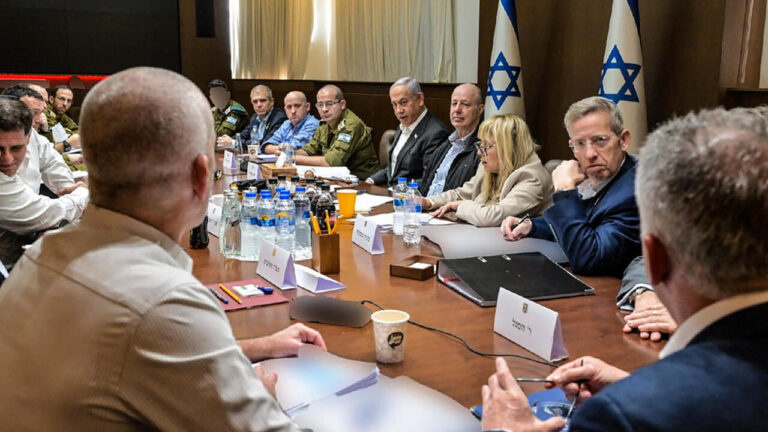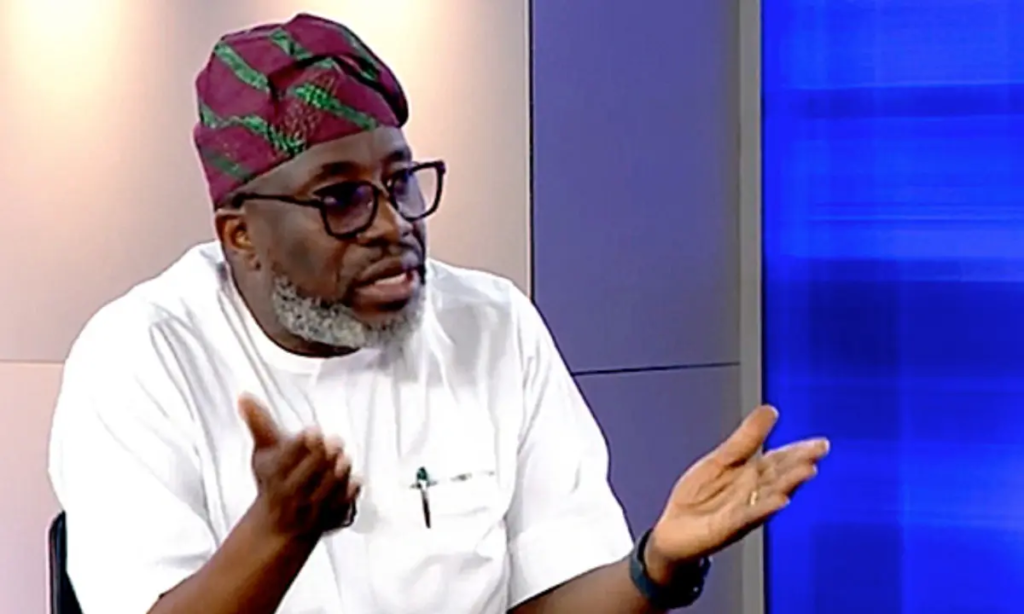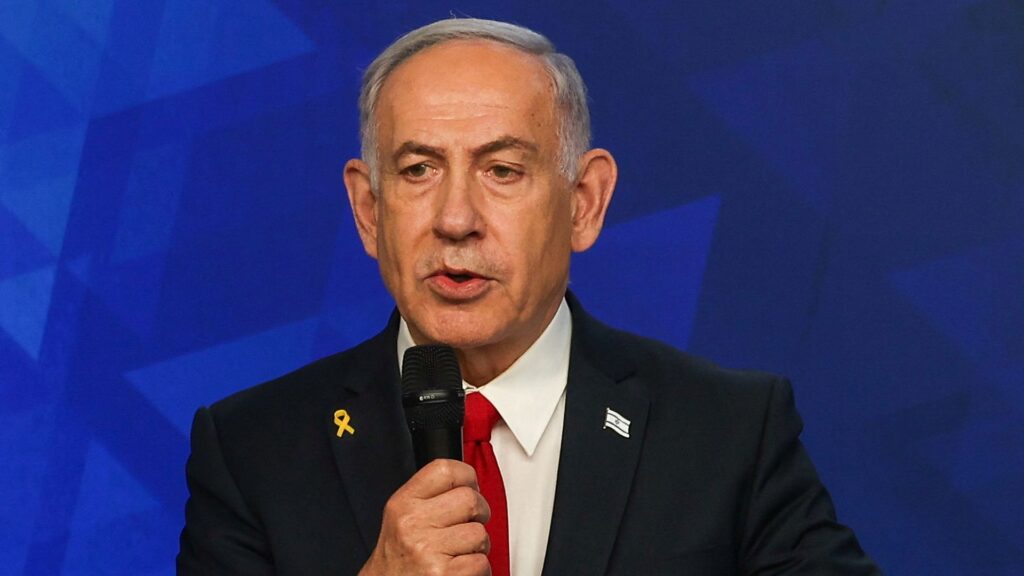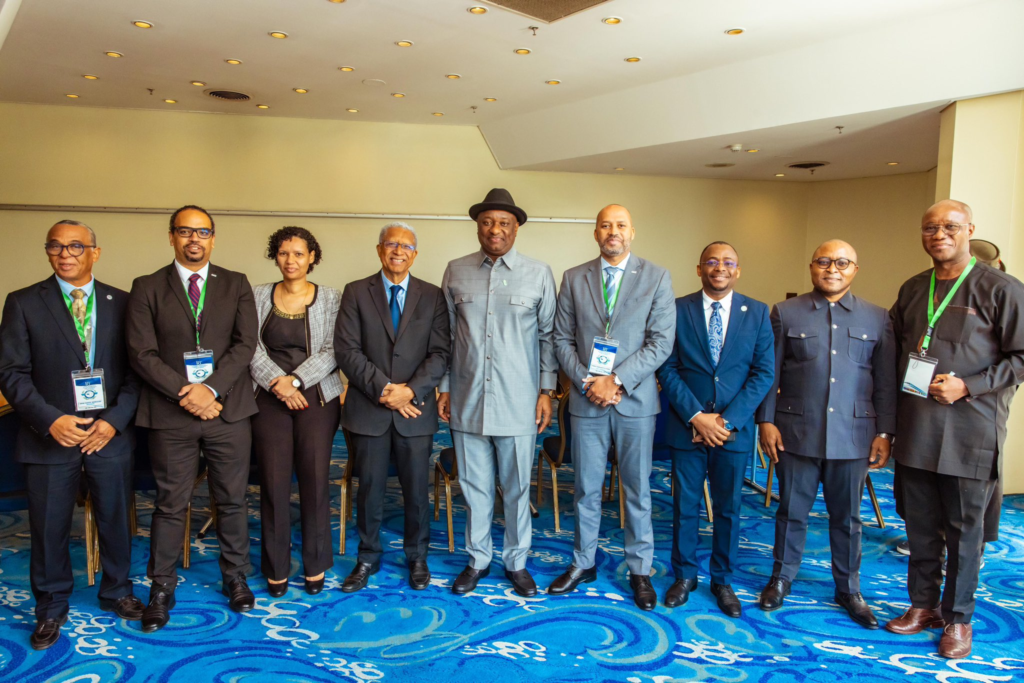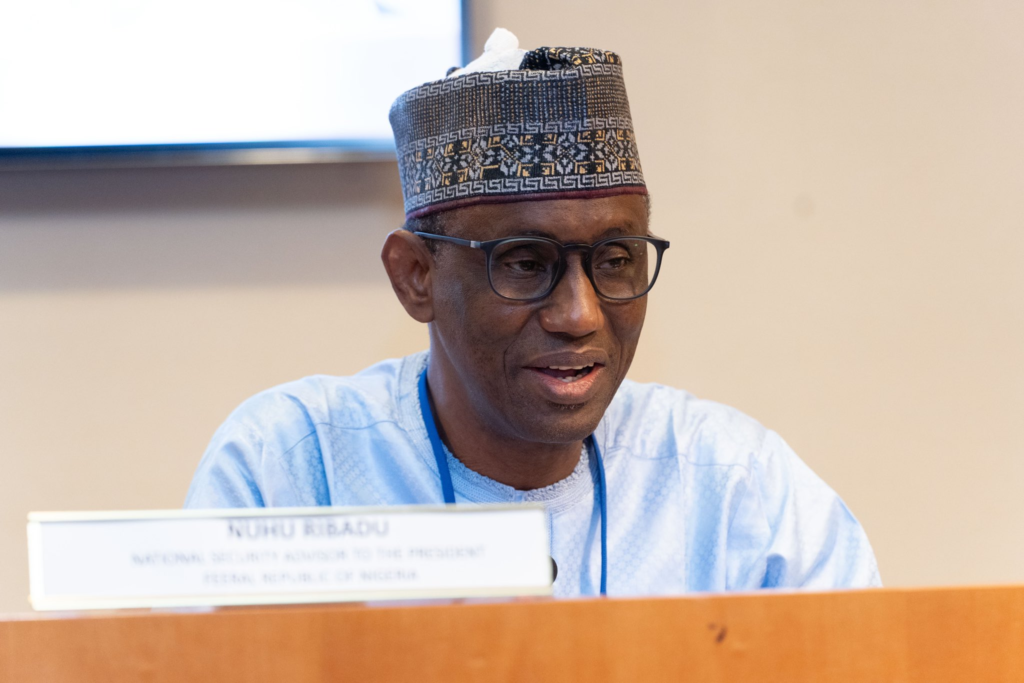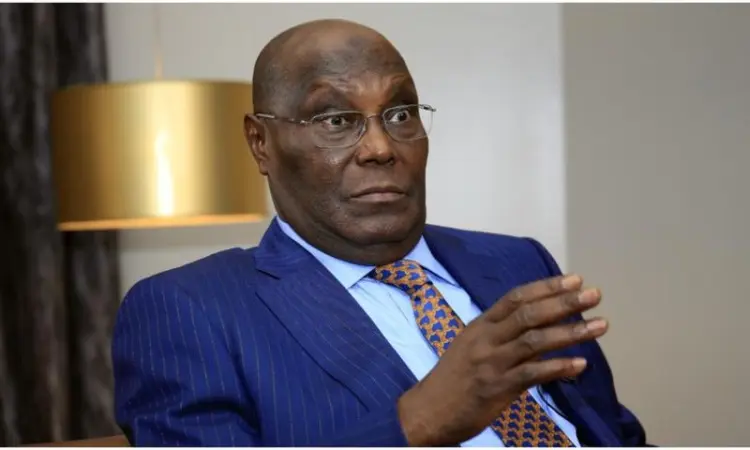Israeli Prime Minister Benjamin Netanyahu declared Monday that no ceasefire or prisoner exchange agreement had been reached with Hamas, even as the group prepared to release Israeli-American hostage Edan Alexander in what it called a goodwill gesture toward U.S. President Donald Trump.
Alexander, believed to be the last surviving U.S. citizen held in Gaza, is expected to be handed over Monday following discreet four-way talks involving Hamas, the U.S., Qatar, and Egypt, according to a source familiar with the matter.
Despite the breakthrough, Netanyahu’s office issued a firm statement insisting Israel had made no concessions. “The negotiations will continue under fire, during preparations for an intensification of the fighting,” it said, crediting military pressure for prompting Hamas to act. Netanyahu added that Israel only agreed to ensure Alexander’s safe passage and that planned operations in Gaza would proceed.
The development marks a rare direct engagement between Hamas and the U.S. and comes just ahead of President Trump’s diplomatic tour of the Gulf region—his second major overseas trip of the year, which notably excludes a stop in Israel.
On Sunday, Hamas acknowledged it had opened dialogue with U.S. officials and had agreed to release Alexander. The announcement was welcomed by mediators Qatar and Egypt, who said it represented a potential path back to formal ceasefire negotiations.
In a statement, Alexander’s family thanked Trump and his special envoy, Steve Witkoff, urging Israeli and international negotiators to keep pushing for the release of the remaining hostages. Of the 59 believed to still be held in Gaza, only 21 are thought to be alive.
The U.S. has sought to reassure Israel amid growing tensions over perceived policy divergences. Israeli officials have voiced unease after Trump last week declared an end to U.S. military operations against the Iran-backed Houthis, despite their continued missile attacks targeting Israeli territory.
Back in Israel, domestic pressure is building. Families of hostages and civil society groups have urged Netanyahu to pursue a deal, while members of his far-right coalition remain adamantly opposed to any pause in fighting. Last week, Netanyahu announced plans for a new military offensive aimed at securing full Israeli control over Gaza. However, officials say the operation is unlikely to begin until after Trump concludes his regional visit.

